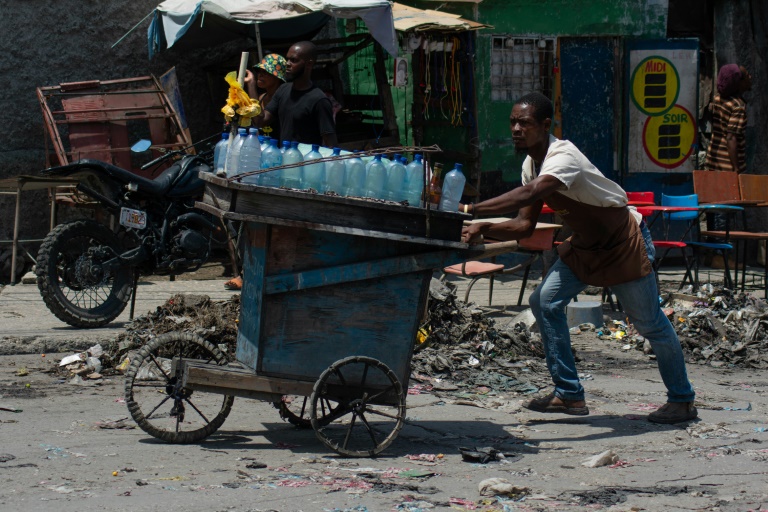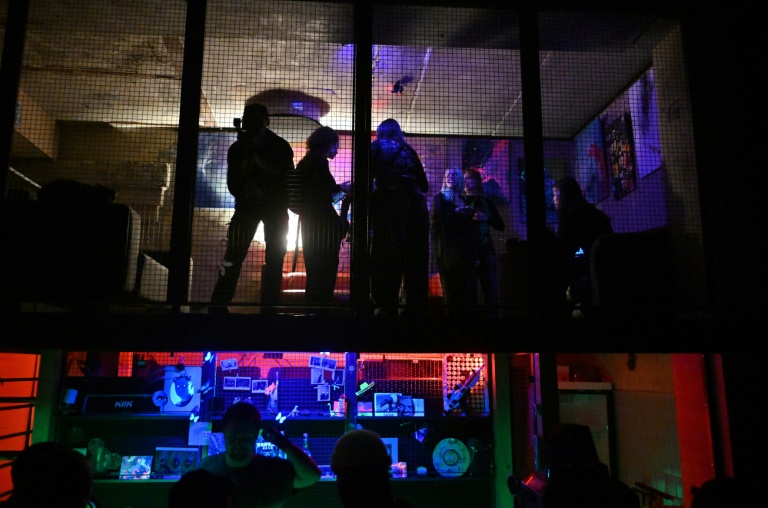Haitian leaders have finalized a deal for a temporary government to steer their Caribbean nation out of gang-fueled chaos, but the details must first be approved by the outgoing authorities, AFP confirmed Monday.
Members of the transition council sent their plan to the regional Caribbean body CARICOM late Sunday.
The accord establishes a nine-member council — seven voting members and two observers — representing political parties, the private sector and civil society, that will pave the way for presidential elections by early 2026.
It’s mandate “will end on February 7, 2026,” according to the agreement seen Monday by AFP.
The impoverished country’s new authorities will replace outgoing prime minister Ariel Henry, who announced his resignation on March 11 after Haiti plunged into deadly gang violence.
A political official said the accord was presented late Sunday to CARICOM, which has been instrumental in negotiations over the island nation’s latest crisis.
A final step awaits: the formal approval and acceptance of the deal by Haiti’s outgoing government.
The council’s first task will be to elect a prime minister who, in collaboration with the nine-member team, will form a government charged with leading the country until “democratic, free and credible elections” can be held, the agreement states.
No members of the council or the soon-to-be-formed government will be allowed to run in the elections.
Haiti has suffered years of political instability and crime, and no elections have been held since 2016.
The situation has worsened since late February when armed gangs attacked police stations, prisons and government headquarters, and forced the shutdown of the port and airport in a spasm of anti-Henry violence.
With the airport in Port-au-Prince closed, the prime minister has not been able to return to the country since he traveled to Kenya seeking to secure Nairobi’s lead in an international security mission to Haiti sponsored by the United Nations.
The weekend breakthrough follows negotiations to succeed Henry that have been delayed by internal disagreements and legal wrangling.
CARICOM will now have to transmit the accord — and a decree confirming its entry into force — to the outgoing Henry government to confirm the investiture of the new council.
The transitional body establishes three priorities: “security, constitutional and institutional reforms, and elections.”
The accord announces creation of a national security council of Haitian experts who will oversee agreements on international security assistance, including on dispatch of the UN-backed mission.







